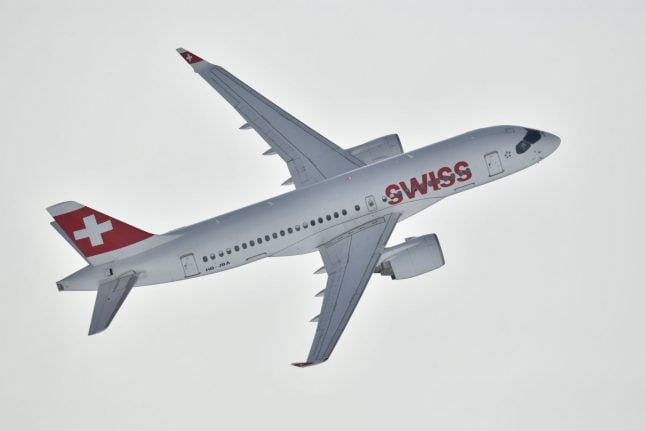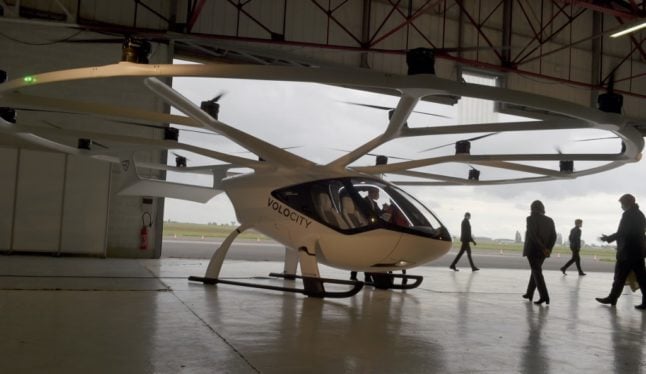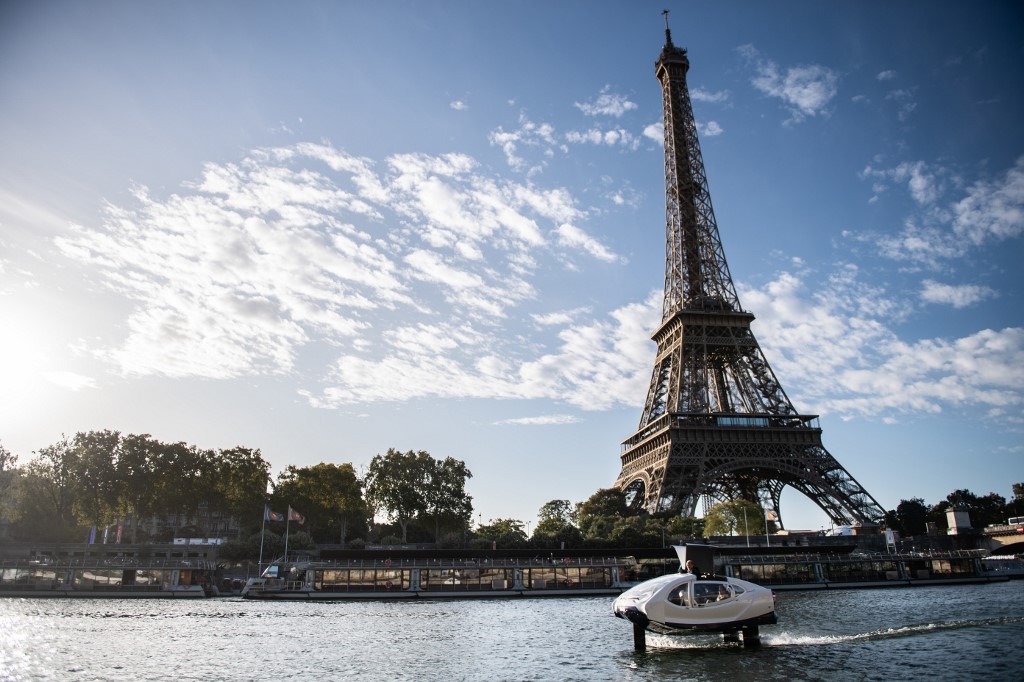While getting hundreds of sweaty strangers in an enclosed space together isn’t a clever idea at the best of times, on planes it can be particularly difficult to handle.
From cheap body spray to the pungent notes of airline food, plane cabins sometimes feel like a university of bad smells.
Swiss, Switzerland’s flagship carrier, has planned to change all that.
The airline, owned by Germany’s Lufthansa, is developing a new fragrance which is “natural, discreet and subtle” – and will follow passengers all the way from the check in desk until the end of their journey.
READ MORE: Swiss MPs vote for eco-friendly flight tax
READ MORE: Switzerland boosts train services to France as 'flight-shaming' gains momentum
Swiss spokesperson told online newspaper 20 Minutes that the goal is not to mask other less desirable scents, but instead give passengers a travelling experience which rewards all the senses and builds an emotional connection between flying and the brand.
“The primary objective is to allow our customers to live the experience of their flight with all their senses and throughout the travel chain. In other words, the scent follows you from check-in to landing.”

Smelling or non-smelling? Photo: MICHAEL BUHOLZER / AFP
While the spokesperson did not indicate what the smell would smell like – and whether it would reflect Swiss icons like cheese or (hopefully) chocolate – he said the goal of the scent was to reflect the airline’s values of being “natural, discreet and subtle” – or in other words, neutral.
READ: The apps you need for getting around Switzerland
The Switzerland-made fragrance has already been introduced in on-board towelettes and will be rolled out at check-in desks and in cabins gradually over the coming months.
While an improvement in cabin air might seem like a win for anyone, experts have warned against mid-flight fumigation.
Experts have said that the smell may cause headaches and allergies, especially for longer flights.
Consumer researcher Marta Kwiatkowski told 20 Minutes that while smells may build a positive emotional connection between passengers and an experience, if it is overused or not received well, the opposite may occur.
p.p1 {margin: 0.0px 0.0px 0.0px 0.0px; font: 12.0px Helvetica}
p.p2 {margin: 0.0px 0.0px 0.0px 0.0px; font: 12.0px Helvetica; min-height: 14.0px}
“If the smell is too intense, it can be annoying or even cause allergies, especially on long-haul flights.”




 Please whitelist us to continue reading.
Please whitelist us to continue reading.
Member comments